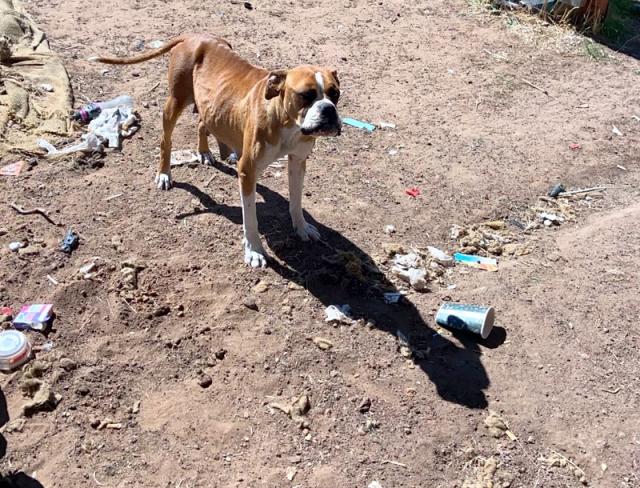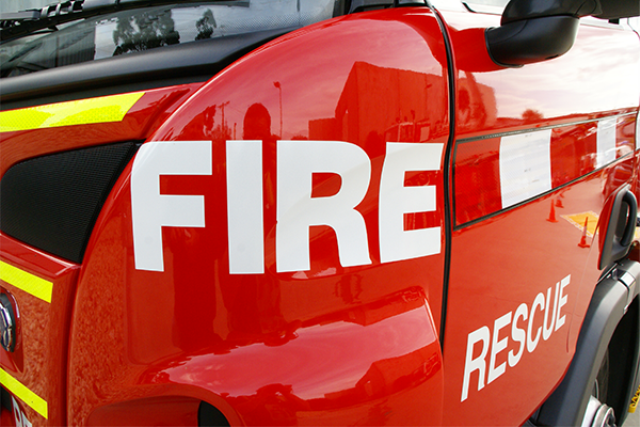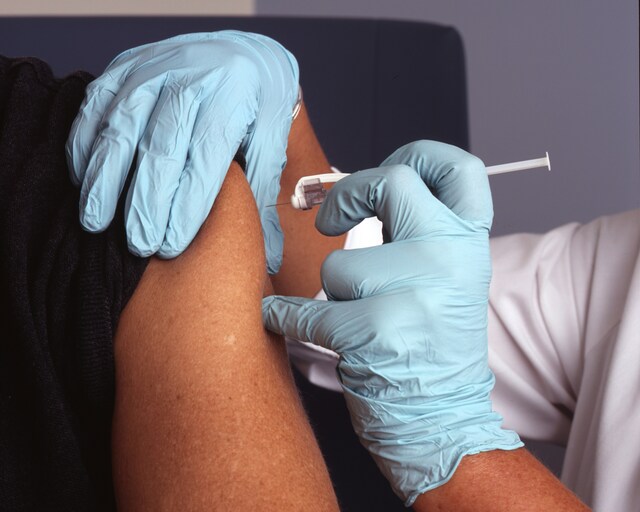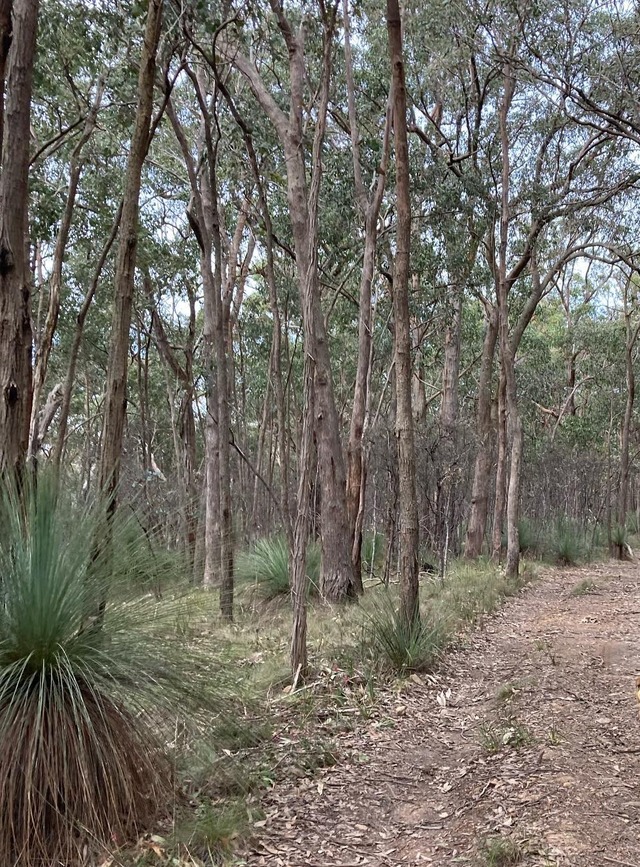Hume has recorded the third highest number of animal cruelty reports in Victoria, new data reveals.
The RSPCA released Victoria’s Animal Cruelty Data for the 2022-23 financial year, which showed an almost 20 per cent increase in the number of animals needing RSPCA help compared to the previous year.
Throughout the municipality, there were 414 cruelty reports, which is the third highest in the state, behind Greater Geelong and Casey.
Hume also recorded 74 animals seized or surrendered, which was fifth highest in the state, and follows an increase in state numbers for the sixth year in a row.
RSPCA Victoria’s chief inspector Michael Stagg said the continued increase in cruelty reports was a worrying trend.
“In the last 12 months, our inspectors have investigated more than 10,000 reports of animal cruelty and seized or took the surrender of 2569 animals across the state,” he said.
“During this time, we’ve also had several investigations resulting in large-scale seizures or surrenders of animals, forcing our teams to find room and resources to care for them in a short space of time.
“When we prosecute cases of animal cruelty, our shelter teams may need to care for the animals involved as the court cases progress, sometimes lasting months or years.
“[This adds] to the pressure already faced by our near-capacity shelters.”
Macedon Ranges recorded 100 cruelty reports, which ranks it 40 out of the state’s 79 local government areas.
RSPCA Victoria said it forecasts the number of animals coming into its care via the inspectorate will reach more than 3340 by 2027, which is a 222.7 per cent increase from 2017-18 financial year.
Chief Inspector Stagg said some of the factors contributing to this increase include cost of living pressures and a lack of education.
“Cost of living pressures may be impacting people’s ability to care for their pets, whether it be their ability to provide suitable food or their ability to pay for necessary medical care,” he said.
“Many people also became first-time pet owners during the pandemic and may need further information or support to help them understand how to care for their animals.”
RSPCA said the most common type of cruelty report concerned insufficient water, food, or shelter.

















